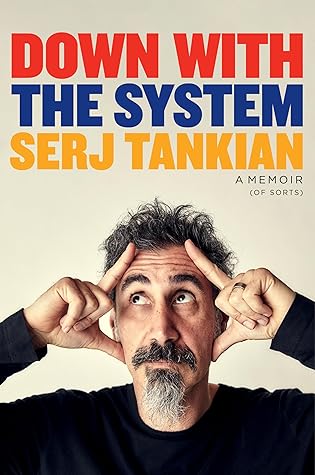More on this book
Community
Kindle Notes & Highlights
The war was all around us, and my world became very small, almost completely contained within our first-floor apartment. My most tangible memory of that time was hugging my younger brother as we crouched in our bedroom while bombs dropped outside, rattling our apartment walls. At those moments, the whole world seemed to be shaking. The feeling reverberated into my bones and in some ways, I feel like it’s still there.
But the experience of being caught in the middle of a war that seems to have nothing to do with you is, in fact, the experience of most people in war zones, and something that left a deep, indelible impression on my psyche.
Once you’ve had the experience of bombs raining down on you, it’s impossible to think of military campaigns the same way. For most people on the ground, war is not an academic or geopolitical exercise. It’s a deeply personal one. Once you’ve lived with the random, indifferent specter of death hanging over you, it’s an everyday terror you never totally relinquish. Whenever I hear about some village in Myanmar or Artsakh or Afghanistan being bombed, I can feel that terror somewhere deep in my core plucked like a tuning fork.
It’s that very feeling that’s informed a lot of the work I’ve done as an activist. When I wrote and published that essay, “Understanding Oil,” two days after 9/11, I was thinking not only about the terror of all those who perished on that Tuesday morning, but also all those who’d been bombed before and would be bombed after that event. It was called a War on Terror, but the one thing war is most effective at producing is terror. The phrase “collateral damage,” used so often during war, is a cold euphemism for the killing of innocent people. Having that imprinted on me as a child, I can never
...more
This highlight has been truncated due to consecutive passage length restrictions.
Martin Luther King Jr. once called a riot “the language of the unheard.” Political violence is often similarly the desperate cry of the frustrated and the ignored. Turkey’s denial of the Genocide—and the US’s collusion in it—had created a potent wellspring of anger and exasperation among Armenians. While some in the Armenian-American community around LA took issue with the violent tactics of this years-long campaign, there was nothing like widespread condemnation of those activists accused of employing them. In fact, many of those arrested became local heroes. As a teenager, I found myself
...more
History does indeed repeat itself and “never again” is always yet again.
There were lots of good reasons why the issue of Genocide recognition would be the thing that would first fire me up as an activist. Some of those reasons were certainly personal, but initially, it wasn’t really the facts of the Genocide or even my family’s tale of surviving it that spurred me to want to do something to ensure it wasn’t ignored. It was the hypocrisy. In school, I’d learn all about American history—or, as someone like Howard Zinn might point out, a whitewashed version of it—with its nods to high-minded ideals like liberty and justice for all. I’d watch the news and hear then
...more
As all of this came into focus in my teenage mind, I struggled with the cognitive dissonance. How could this nation that took me and my family in, that has always loudly trumpeted its bona fides as, in the words of Abraham Lincoln, “the last, best hope on Earth,” be part of such a vile deal? And in a democracy, how could “we the people” consent to this? Furthermore, if the people in power were lying about this, what else were they lying about?
free speech is always the first casualty of war.
In the days and weeks after 9/11, we saw this happening in the US as well. Newscasters everywhere solemnly intoned how this day would forever change America, and they were right—just not necessarily in the ways that they thought. Private media companies policed the bounds of acceptable expression and became uncritical, full-throated supporters of the government’s actions. There is nothing like war to unify a nation in deep sociological turmoil or juice the profits of the media conglomerates pushing it. Investigative reporting was largely shoved to the margins as major newspapers and TV
...more
As he put it back then, “There’s been a whitewash in the media over the past couple days over what the US’s role in the world is, and the fact that they kill hundreds of thousands of people per year to protect profit.… What’s happening right now in the media is so dangerous to the political state of people that if I kept that cover, it would give me at least a platform to expose the realities of what’s going on.”


